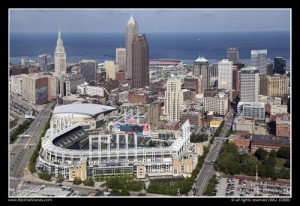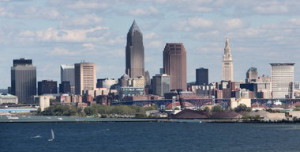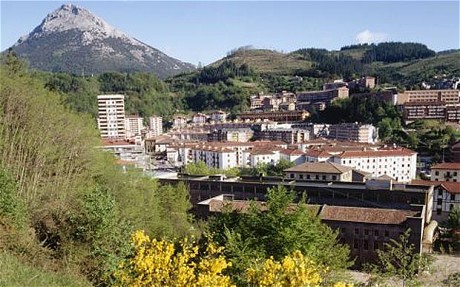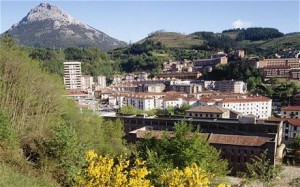Suburban Permaculture Pioneer
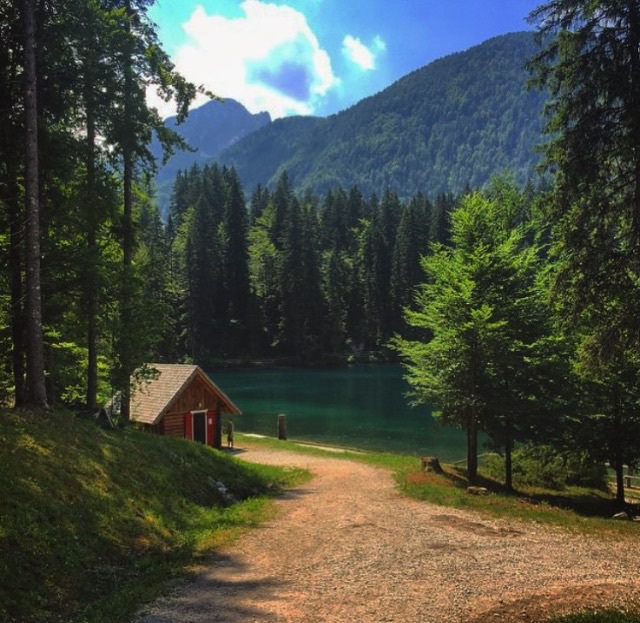
Suburban Permaculture Pioneer
Jan Spencer hopes that when you look at his neighborhood in Eugene, Oregon, you’ll see a preview of suburbia’s future. The River Road Resilient Food System (RRRFS) isn’t a formal intentional community, but a network of suburban homes in various stages of transition to sustainability. Though suburbia has gotten a bad name as the nexus of overconsumption, Spencer says these residential areas actually are uniquely set up to quickly transition to robust, localized food systems. The large properties with perfectly manicured lawns can become organic gardening havens. Motivated by a desire for constructive response to the global challenges facing agriculture and a belief in the benefits of localized food production, River Road neighbors have taken on that process enthusiastically, Spencer says. “Food Not Lawns” is their organizing principle.
Spencer (who blogs for MOTHER EARTH NEWS) is a suburban permaculture pioneer who began turning his lawns into a garden 15 years ago by taking a jackhammer to his driveway and replacing concrete with vegetables. At about the same time, his neighbors Ravi Logan and Michele Rene built a cob and straw bale studio in their backyard for a yoga meditation space. Their center, Dharmalaya, has become a focal point for community.
“Six other permaculture projects are in process within a five-minute bike ride of my house,” Spencer says. “My next-door neighbor took out his gravel driveway and turned it into a garden. He has bees and a fair amount of edible landscaping. Neighbors on the other side have cold frames on multiple raised beds along with several chickens — and still plenty of grassy backyard. We started with a handful of neighbors and now have more than a dozen properties involved.”
Clare Strawn, who moved to the neighborhood in 2010, says the community is loosely organized and accomplishes its work project by project. Because this is the Pacific Northwest, many of those projects involve removing bramble bushes — a lot of them. In one case, neighbors got together and helped bring down an acre of blackberries to make way for a big shared garden. Neighbors have also restored and now maintain a previously overgrown, old 65-tree filbert (hazelnut) grove. Work on the grove was done in cooperation with the City of Eugene’s Park Stewards program, which helps organize work parties and provide tools and logistical assistance. RRRFS has also collaborated with several neighborhood associations throughout Eugene.
“There are thousands of neighborhood associations in this country,” Strawn says. “Can you imagine the huge difference they could make if they decided to organize local, sustainable food systems?”
reprint from Mother Earth News

